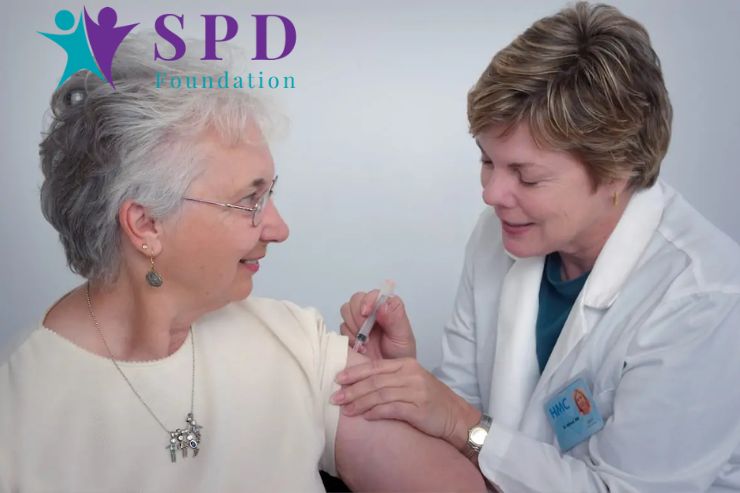A senior nurse is one of the most noble occupations one can have, allowing them to care for older people in their vulnerable moments.
A common disorder you’ll encounter in this field is sensory processing disorder.
Sensory processing disorder patients have a brain condition that affects how they process sensory information. SPD patients may have difficulty interpreting and reacting to sensory input from their surroundings, which leads to difficulty in social interaction and daily functions.
If you’re interested in caring for such parents, you’ll have to pursue a specialty, like this MSN AGPCNP program, to get your license. In this article, we will discuss how as a geriatric nurse, you can care for your patients with SPD:
Creating a Supportive Environment
The environment plays a significant role in the comfort and well-being of patients with SPD. For those who are hypersensitive to light and sound, adjustments such as dimming lights or using natural lighting can help alleviate discomfort.
Similarly, minimizing background noise and reducing visual clutter can create a calmer, more navigable space. These steps are vital in preventing sensory overload, which can be distressing and disorienting for SPD patients.
Effective Communication Strategies

Communication with SPD patients requires patience and clarity. Nurses should use straightforward language and supplement their verbal communication with non-verbal cues to ensure understanding, especially considering that many seniors may also experience hearing loss.
Knowing that patients with auditory sensitivity may struggle with filtering out ambient noise is important for tailoring communication methods to their needs.
Respecting Personal Boundaries
It is essential to respect each patient’s personal space and physical boundaries. This respect involves seeking explicit consent before initiating any form of physical contact and being keenly aware of the patient’s reactions to touch.
Some patients might find certain types of touch uncomfortable or even distressing, so it’s crucial to adjust care practices to accommodate these sensitivities.
Sensory Tools and Therapeutic Techniques

Nurses can employ various sensory tools and techniques to help patients manage their sensory input. This might include the use of weighted blankets to provide comforting pressure or sensory toys to help focus and calm the patient.
Encouraging gentle movement through the use of specially designed furniture like ball chairs can also help patients regulate their sensory processing. Engaging patients in therapeutic activities such as music therapy, gentle exercises, and aromatherapy can significantly enhance their quality of life.
Involving Caregivers and Family Members
Family members and caregivers are integral to the care team for seniors with SPD. Educating them about the disorder, discussing care strategies, and keeping them informed about the patient’s progress helps create a consistent and supportive environment across all settings. Open communication with family members also provides valuable insights into the patient’s history and responses, which can be critical for tailoring care effectively.
Final Words

Caring for seniors with Sensory Processing Disorder demands a specialized approach that encompasses education on the disorder, careful environmental adjustments, tailored communication methods, respect for personal boundaries, and the strategic use of sensory tools.
By integrating these elements into their practice, nurses can significantly improve the quality of life for their patients with SPD, ensuring they receive compassionate and competent care.







